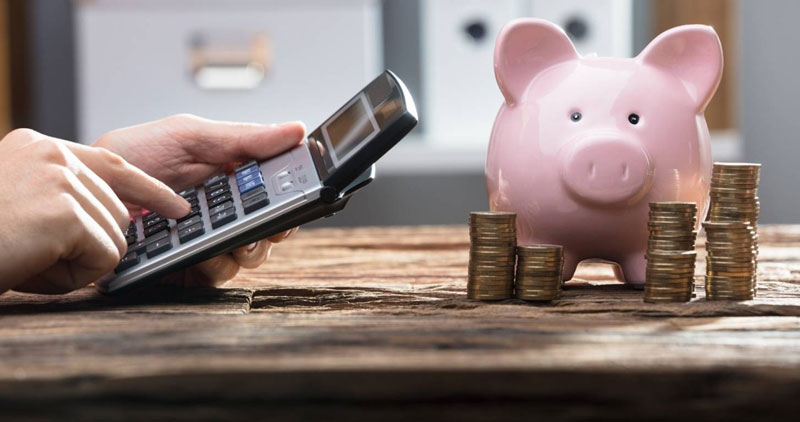What Is The Best Way To Determine Which Savings Account Is The Greatest?
Dec 29, 2021 By Triston Martin
A savings account is something that almost everyone gets beneficial. While your checking account should serve as a pit stop for your money, the best savings account should serve as a holding cell for your money until you're ready to spend it on your goals and objectives. The money you may need in the next few years is kept in this account because it is liquid, easily accessible, and safe. Several factors should be taken into consideration while determining the type of best savings accounts to open:
Decide How You're Going to Use It
First and foremost, decide how you intend to use the money you have saved. Savings accounts are excellent places to keep emergency funds since they are easily accessible. These savings accounts are also perfect for saving up for a down payment on a future house purchase, especially if you plan on purchasing in the next few years. Travel funds, pet costs, and house repairs are other reasons to keep money in a high-yielding savings account.

Additionally, you'll want to ensure that you don't have to shift the money about too much. As a general rule, savings accounts should be left alone; nonetheless, federal regulations limit the number of withdrawals from savings accounts to six per month. During the COVID-19 pandemic, several financial institutions could get away with waiving this rule.
Determine What Is Most Important To You
A decent mobile experience and ease of access are important factors to consider when selecting a bank with a fantastic mobile app. If you value outstanding customer service, you'll want to find a bank with a reputation for providing excellent customer service. Suppose you really must have the best interest rate available. In that case, you might as well open the account with the highest annual percentage yield (APY). What you hope to gain from your experience will play a significant role in determining which bank account is best for you. Take a few minutes to consider what qualities you want to see in your dream savings account.
Determine Whether Or Not You Want To Continue Using Your Current Bank
You might want to think about where you put your other savings and checking accounts as a precaution. Do you want your new account to be easy to access and located in the exact location as your old accounts or something else? If this is the case, opening a savings account at the bank that you already use may be the best option. However, suppose you believe that having ready access to your money may lead to spending it. In that case, you may want to consider putting it somewhere else.
Take Into Consideration Interest Rates
High-yield savings accounts must be given special consideration when it comes to savings accounts. These savings accounts are identical to ordinary savings accounts, with one important distinction: they allow your money to grow at a far higher rate than traditional savings accounts. It's important to remember that interest rates can fluctuate, usually in tandem with the prime rate set by the Federal Reserve. In other words, while the interest rate is significant, it shouldn't be the only factor in deciding which savings account to choose.

Check the Fine Print for Any Additional Fees
If you tend to skim over the fine print, now is the time to break that pattern of behavior. Make sure you understand all of the disclosures and terms of the account you are considering opening. Look for the following: Minimum balances or deposits: You may be required to maintain a specific balance in your account to avoid fees, or you may be required to make a minimum deposit to open an account. If these factors do not meet your needs, you may want to look elsewhere. Many financial institutions offer savings accounts with no minimum balance requirement.
Avoid Putting Too Much Pressure on Yourself to Decide
If you're having problems deciding, the good news is that you're unlikely to make a mistake. According to the experts, the chances of having a good account are great as long as you open one with a reputed bank that pays high-interest rates and does not charge any monthly fees. The fact that you can access and move your money at any moment and that there is no long-term commitment means there isn't much pressure here. Furthermore, you can open as many savings accounts as you'd like, so you're not restricted to one particular institution.
Conclusion
When opening a savings account, several considerations are considered. You must conduct some preliminary study to obtain the best of the best. You have to pay an interest rate set by the bank against the profit.





